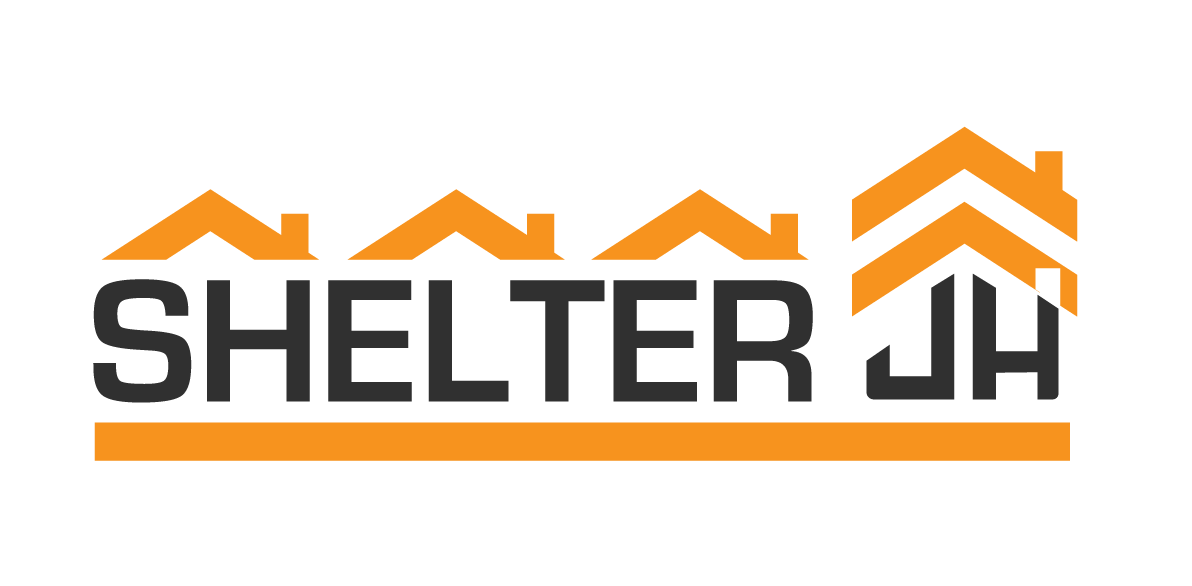ShelterJH Policy Platform
ShelterJH, the only independent housing advocacy organization in Teton County, builds grassroots support and political power to address housing insecurity in the Tetons.
This platform encompasses our current policy goals that have been vetted by our members and board.
POLICY PRIORITIES SUMMARY
Please consult the platform in its entirety for in-depth explanations of these goals.
- Monitor and support the Northern South Park (NSP) development.
- Outline specific zoning regulations to amend to incentivize the development of deed-restricted homes.
- Ensure the 90 Virginian Lane process unfolds efficiently and thoughtfully while maximizing public investment and the opportunity for locals to live locally.
- Support necessary updates to housing mitigation policies.
- Build capacity to respond to emergent housing opportunities, including the new Nelson Drive neighborhood.
- Elect pro-housing candidates into Town and County seats.
FUNDING
1. Establish dedicated public funding
It is impossible to build a modest home for a family earning median income in Teton County without a substantial investment. There is a subsidy needed to build homes for anyone earning less than about 200% of median income, and the shortfall increases as household incomes decrease. The investment can come from local public funds, state/federal public funds, philanthropy, or regulatory incentives. We support permanent and dedicated local, state, and/or federal sources of revenue to create and preserve homes that local workers can afford to rent or purchase. To protect this community investment, we insist on permanent deed restrictions, regardless of whether the investment is in the form of direct funding, density bonuses or regulatory relief.
- We support new state revenue streams—specifically a county-option real estate tax—and see an opportunity for progress to pass this state bill in Cheyenne in the future.
- We support accessing federal grant opportunities to support Town and County housing initiatives, or other community projects to redirect funds allocated elsewhere to housing.
2. Ensure funding streams are progressive
We have heard from our members and community alike that rising property taxes are threatening both owners’ and renters’ ability to stay in their homes. We need property tax reform that captures revenue from households that do not need relief but provide flexibility for renters and those on fixed incomes to stay living locally. We also need to protect progressive forms of taxation that support our essential public services.
- We support property tax abatement programs so that low-income homeowners and renters are not pushed out by property tax increases, and a sliding scale so that second homeowners pay more in property taxes.
- We supported the 2024 constitutional amendment, which passed, and can now further property tax reform and eventually allow our community to tax primary and part-time residences differently.
ZONING & REGULATIONS
3. Make it easier to build homes that locals can afford
Our zoning codes make it hard to build anything other than single-family homes, which are the most expensive type of homes. “Missing middle” homes like duplexes, fourplexes, and cottage courts are less expensive to construct and maintain; fit seamlessly into existing residential neighborhoods; and support walkability, locally-serving retail, and public transportation options.
- We support incentivizing and ultimately requiring inclusionary zoning for all annexations and upzones, so that most new units are affordable for local workers. Doing this up front creates transparency on community benefit expectations for any up-zones and annexations (like the next NSP), without the emotion generated from a specific development proposal.
- We also support amending the Land Development Regulations to diversify housing options and make zoning more dense in town, Wilson, the Aspens, and the other “complete neighborhoods.”
4. Establish regulations that protect local neighborhoods and renters alike
There are essentially no protections for local renters once they have secured a place to live. Renters deserve sufficient protections while occupying free-market homes. Meanwhile, we also need to make sure that existing units are safeguarded from turning into second homes or commodified into investment properties for short-term rentals.
- We support establishing basic tenant protections and habitability requirements for all renters, including but not limited to: requiring a notice period for rent increases of more than 3%; capping application, waiting list, and late fees; establishing a formal landlord complaint process; limiting move-in costs; and ensuring renters are living in safe homes.
- We believe that short-term rentals should be limited. We recognize that locals can use short-term rentals to supplement their income and support allowing homes that are owner-occupied to have a limited amount of short-term rentals per year. The Town Council did pass additional short-term regulations in 2024 and we will consider calling for additional restrictions thereafter.
5. Require developers to build or pay for housing for the new jobs they create
Our community has had housing mitigation rules for decades that require developers to pay their fair share for the impact their profitable projects have on our community. Recently, a few Jackson Hole landowners went to Cheyenne to threaten state legislation overturning our local community’s decision that they should have to pay their fair share. In response, Town Council and County Commission cut the requirements in half. Now, the Regulatory Reduction Taskforce is once again examining the tool.
- We support setting mitigation rules based on the data from the Housing Nexus Study (showing how many jobs/workers each kind of development generates), instead of being influenced by political pressure from landowners, developers, or Cheyenne.
- We support updating the mitigation rates based on the most recent construction cost data available.
- We support encouraging developers to build housing rather than use the fee-in-lieu option.
- We are eager to explore methods to support small businesses in the region while still ensuring larger companies submit to mitigation requirements.
LOCAL PROJECTS
6. 90 Virginian Way
We support building a dense neighborhood for locals at 90 Virginian Way and are thankful that voters overwhelmingly passed $20 million in public funding for community housing in 2022 which allowed the public sector to purchase this property. We believe it is important to build unit types (both ownership and rental) serving a variety of income levels to create a vibrant neighborhood. We look forward to welcoming neighbors into the development soon.
7. Northern South Park
We’re excited about the opportunity to provide homes for local workers in Northern South Park (NSP). We are thrilled that the NSP Neighborhood Plan shows so much potential for new homes for our community members—especially our neighbors with lower incomes and higher need. We have learned over the years that unless there are deed restrictions tied to specific incomes and with appreciation caps to ensure permanent affordability, only the most advantaged people working here can gain access to these places to live.
- To protect the enormous community investment in NSP, local worker ownership and/or affordability should be required through foolproof and permanent deed restrictions.
- It’s up to our whole community to hold the County Commissioners, landowners, and deed-restricted developers accountable to their promise: to honor the vision of the Neighborhood Plan in the remaining steps of this project and leverage philanthropic dollars to deliver deed-restricted housing for locals in a timely and equitable manner.
8. Legacy Lodge
Our community decided to repurpose Legacy Lodge into apartments for local workers. We support this effort, as long as the apartments are exclusively available to local workers at below-market rates. We also support the fifteen conditions outlined in the conditional use permit application that would allow local workers to live in Legacy Lodge. Finally, we would be excited to see the facility used for housing for seniors, if the owners are interested in that option.
COLLABORATION
8. Partnership Framework/Teton Housing Council
It takes a community to build a community. We have many strong organizations working toward housing, but we don’t yet have an effective platform for collaboration. We support the novel “Housing Council” approach that has worked in the Tahoe region and brings together all key stakeholders (housing groups, social service organizations, businesses, large landowners, realtors, conservationists, developers, etc.) in a partnership framework that is fully staffed and facilitated to solve our housing challenge together.
- We are currently participating in the Community Foundation of Jackson Hole’s Housing Dashboard process, which is bringing key stakeholders together to make housing information accessible to the public.

